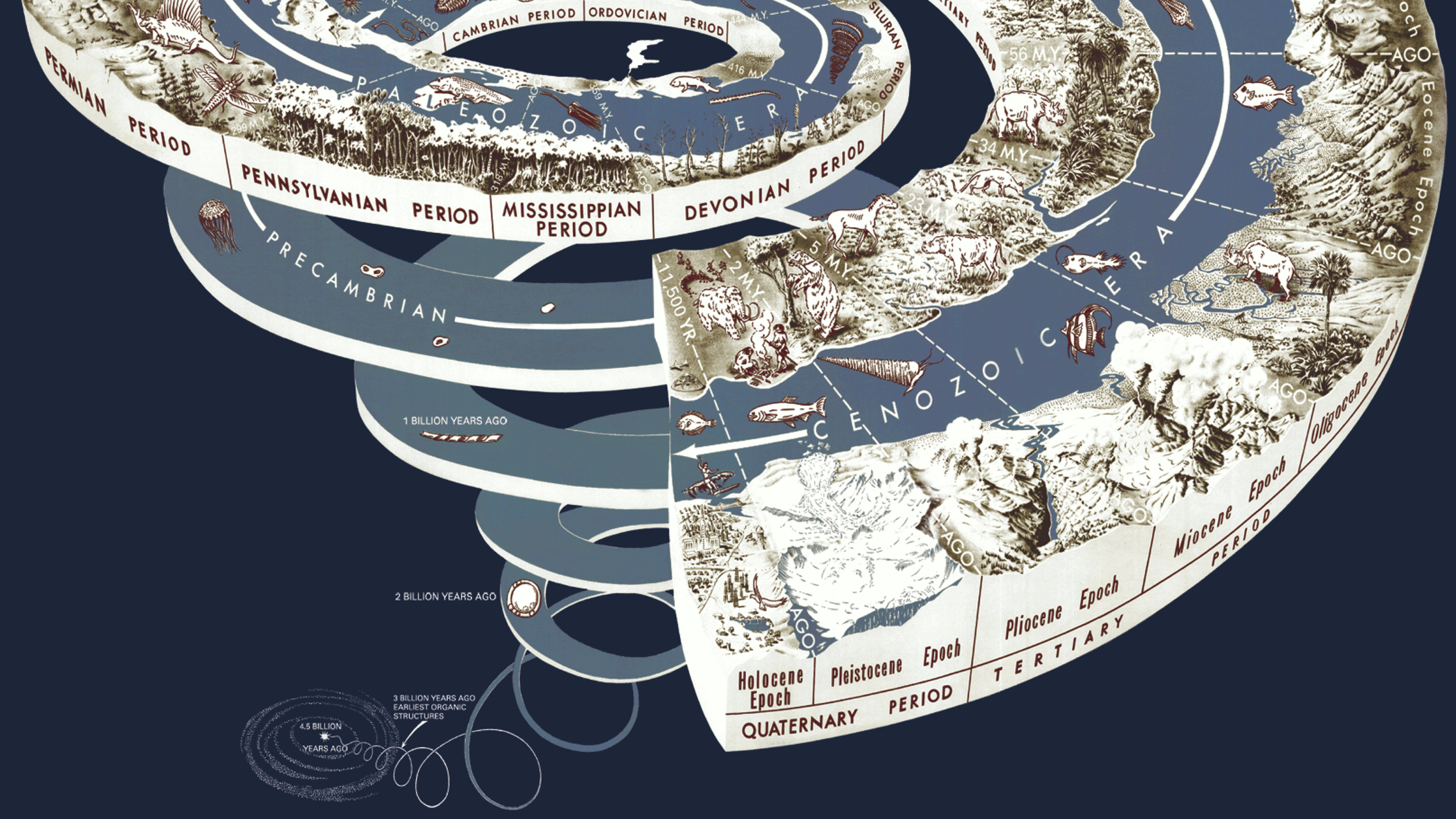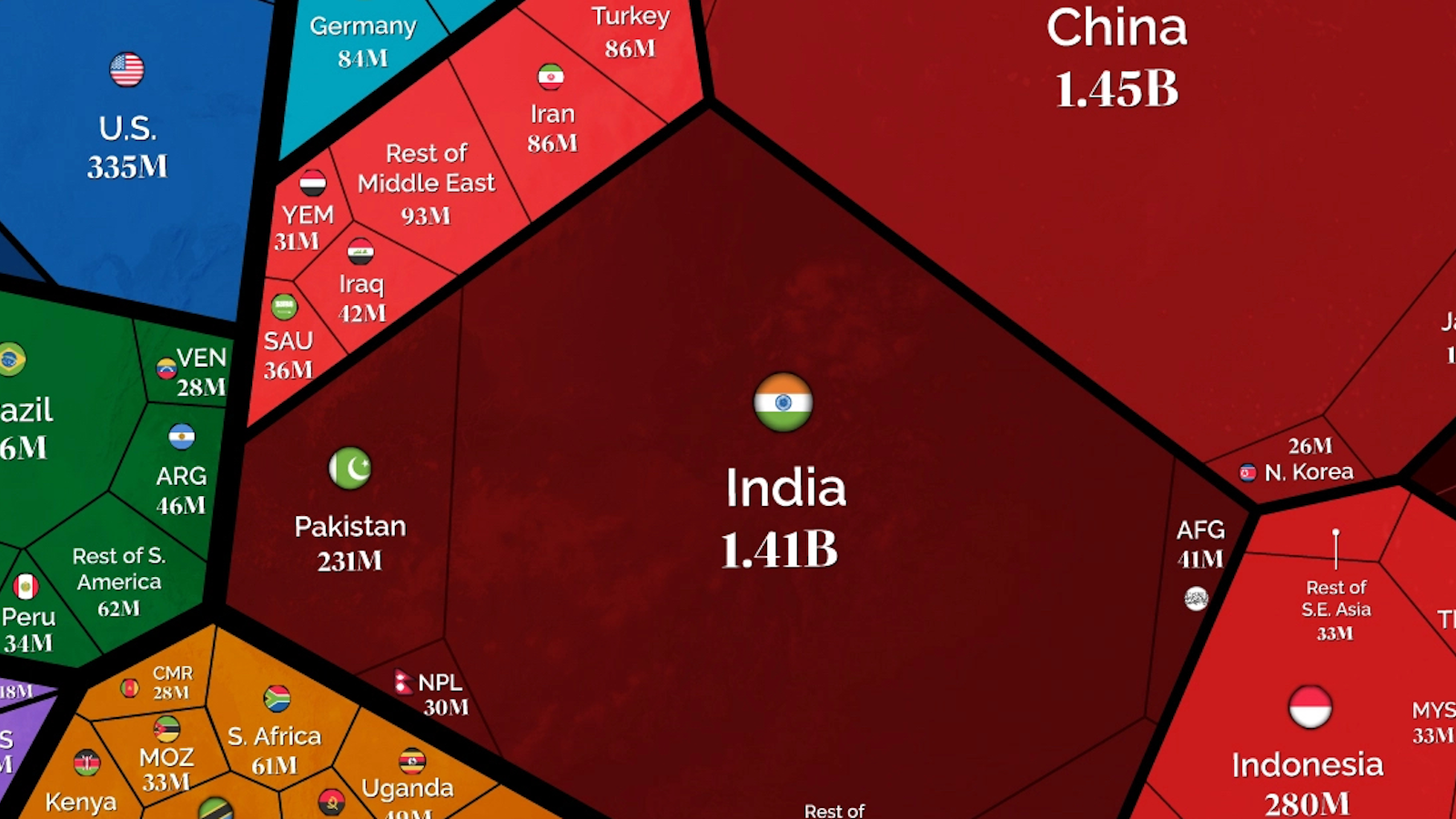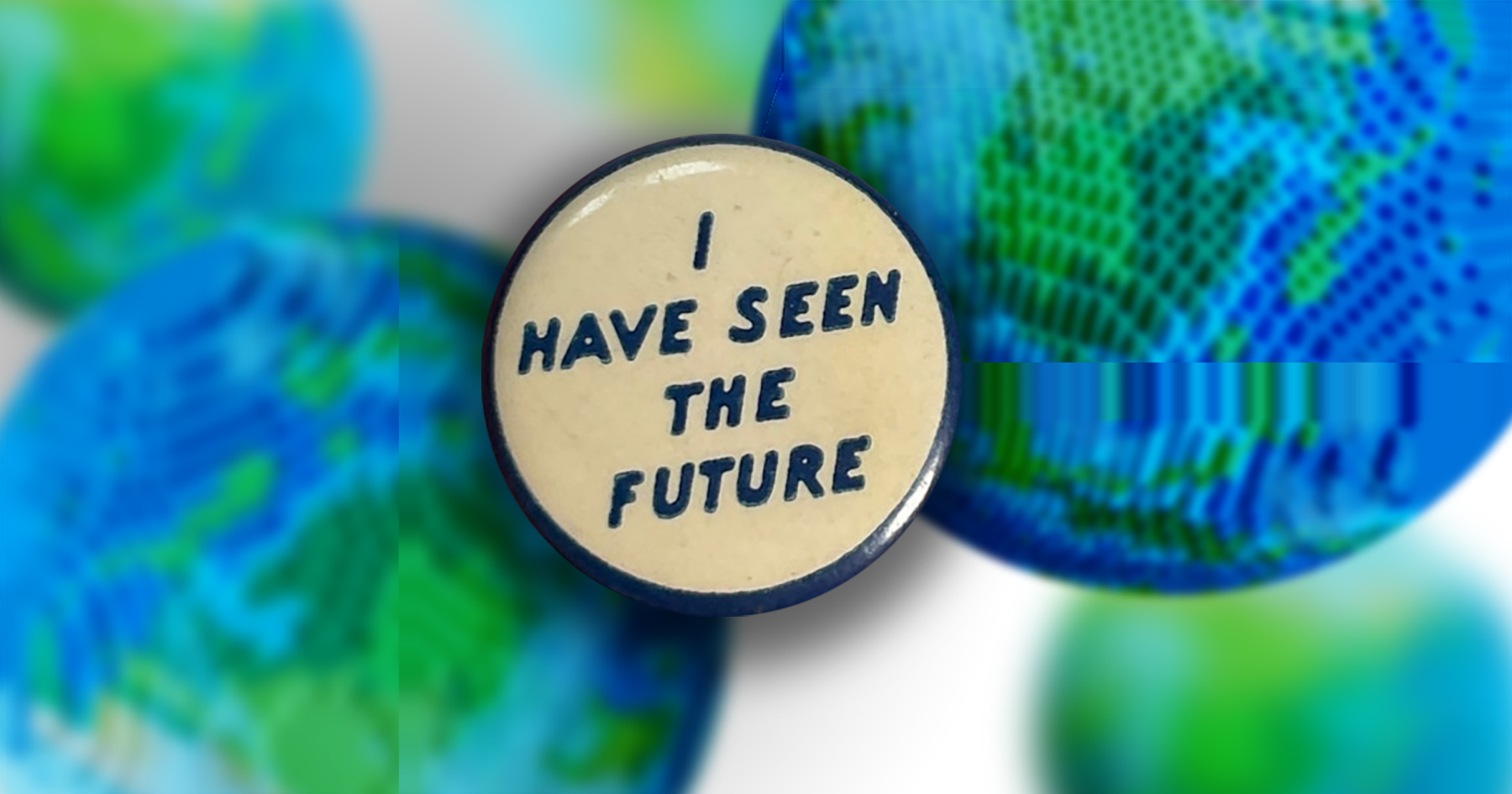Humans of the Future
The separation of pleasure from procreation may occur throughout the cosmos, providing an explanation for the Fermi Paradox.
We will have a better shot at improving our lives once we come to understand, know, and love the people we will one day become.
Is blood the key to anti-aging, or just another lucrative biotech opportunity?
If we manage to avoid a large catastrophe, we are living at the early beginnings of human history.
Changes in the world population are determined by two metrics: the number of babies born, and number of people dying.
Humanity can avoid catastrophe — if we look beyond our blinkered present.
Some would say AI is immortal and all-knowing — Godlike, even.
The nature of civilizational threats has changed in a mere decade.
We might be dining on insect-based Christmas pies with robot-harvested algae on the side.
A vertical map might better represent a world dominated by China and determined by shipping routes across the iceless Arctic.
Population growth is driven by three changes: Fertility, mortality, and migration.
In the future, people may look back with horror at how humans treated AI in the 21st century.
The DART mission tested whether it’s possible to deflect an asteroid by crashing something into it.
Humanity is poised to pass the 8 billion milestone mid-November, but population growth is actually slowing down.
Three reasons why a radically better future is more likely than we think.
Our inaugural special issue is focused on progress — the search for, the study of, and the project towards a better world.
Progress got derailed somewhere between indoor plumbing and the flying car. Why?
We asked 11 experts about the future of progress for humanity.
The Metaverse could be the most dangerous tool of persuasion humanity has ever created.
We will become billions of people who share a single vast intellect.
Short-termism is both rooted in our most primal instincts and encouraged by runaway technological development. How can we fight it?
Uploading your mind is not a pathway to immortality. Instead, it will create a possibly hostile digital doppelgänger.
Not too hot, not too cold…
A second Enlightenment would have a far bigger task: Saving civilization itself.
Proponents of transhumanism make big promises, such as a future in which we upload our minds into a supercomputer. But there is a fatal flaw in this argument: reductionism.
The costs of such an endeavor would be extremely high, while the potential payoffs would be uncertain.
Technology will not save the world, and it is inherently neither good nor bad. But, when tech is coupled to human virtue, good will prevail.
In the age of distraction, don’t we all want to read faster and more efficiently?
Preventing scurvy is not just a problem in the Antarctic.





























